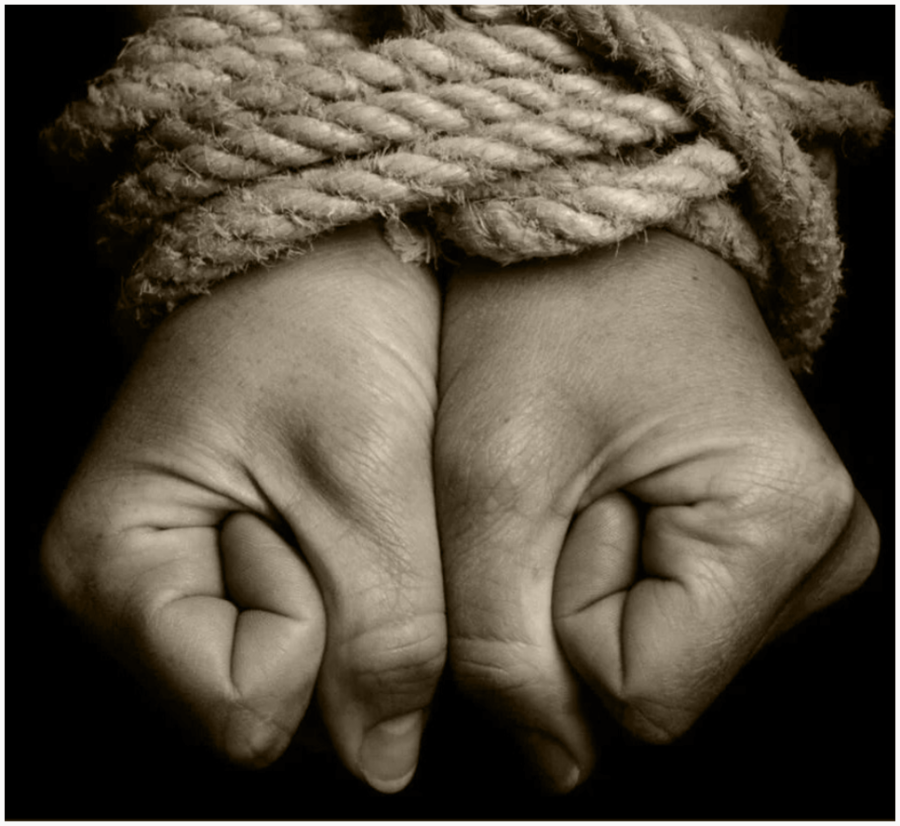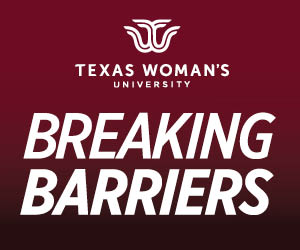Dallas College fights human trafficking
February 27, 2023
According to the U.S. State Department webpage, human trafficking, also called “trafficking in persons,” includes an estimated 27.6 million victims worldwide. Traffickers target people of all ages, nationalities and socioeconomic status. Traffickers have forced their victims to engage in both legal and illegal jobs such as “hospitality, travel, agriculture, construction, landscaping, massage parlors and retail services.”
Dallas College has launched a new program focused on human trafficking. According to Michael Hunt, Senior Title IX and Equality Compliance Officer, this office is providing information through flyers and information tables because sexual exploitation and human trafficking is new ground for the Title IX office on campus.
“Generally, we focus on sexual assault, sexual harassment, sexual violence, domestic violence, stalking; those are the main ones we focus on,” Hunt said.
According to Richland Campus cybersecurity professor Jason Alvarado, a former police officer and a computer forensic specialist in Colorado, controlling and abusive behavior can lead to human trafficking.
“There’s a local agency here called Mosaic Family Services and that’s one of the things they specialize. They specialize helping folks who have been involved in human trafficking,” Hunt said.
Hunt added that traditionally, Title IX offices only take cases of sexual assault, sexual harassment and stalking, but now they are also offering these services and information about some resources.
“At the very least, we will put you in contact with some resources that will be able to support them. Some in the community college and some outside of the community
college,” Hunt said.
Andy Woodward, community educator from Hope’s Door New Beginning Center, offers a web seminar to educate attendees on how to prevent cyberstalking, stalking, domestic and sexual violence and digital abuse.
According to Woodward’s presentation, one in four women (and one in 10 men) will be stalked. She also stated that the average stalking will last approximately two years. Alvarado said that one of the first red flags is controlling behavior because abuse can lead to human trafficking. He added that phones can be hacked, and people might get access to your camera and microphone. There are apps, however, that can help with security issues.
“I always recommend removing any app you don’t recognize or apps you don’t use anymore. Some other things you can look at their VPN profiles and then device Management Profiles on Android and iPhone,” Alvarado said.
According to Woodward’s presentation, some examples of digital abuse from a partner that can lead to human trafficking are controlling your friendships on social media and sending insulting, derogatory or even threatening messages on social media and even using different social media platforms to “keep constant tabs on you.”
Putting you down in their status updates, sending updates and demanding to keep tabs on you, stealing your passwords, constantly sending texts, making you feel that you can’t be away from your phone and looking thoroughly through your phone content are all examples of digital abuse.
Alvaro said that the best way to combat this is “If you see something, say something.” He added that if you witness a dangerous situation that you do not feel safe intervening in, there are some other tools on campus that you can use. The panic button on phones in offices and classrooms on campus connect silently to dispatchers.
In addition, there are more resources such as competitions that exist in cybersecurity using Open-Source Intelligence.
These publicly accessible web databases are used in competitions working with law enforcement and the National Center for Missing and Exploited Children. Cybersecurity professionals, students and anyone else can enter the competition and gather as much information as possible about missing people and the team finding the most information wins. One example of such a contest is the Data Jam Against Exploitation, sponsored by the United Nations.
For more information about human trafficking, cyberstalking, stalking, sexual harassment or you do not feel safe, contact Hunt at: 972-238-6357 or email MAHunt@dallascollege.edu or call 911 if in imminent danger.



